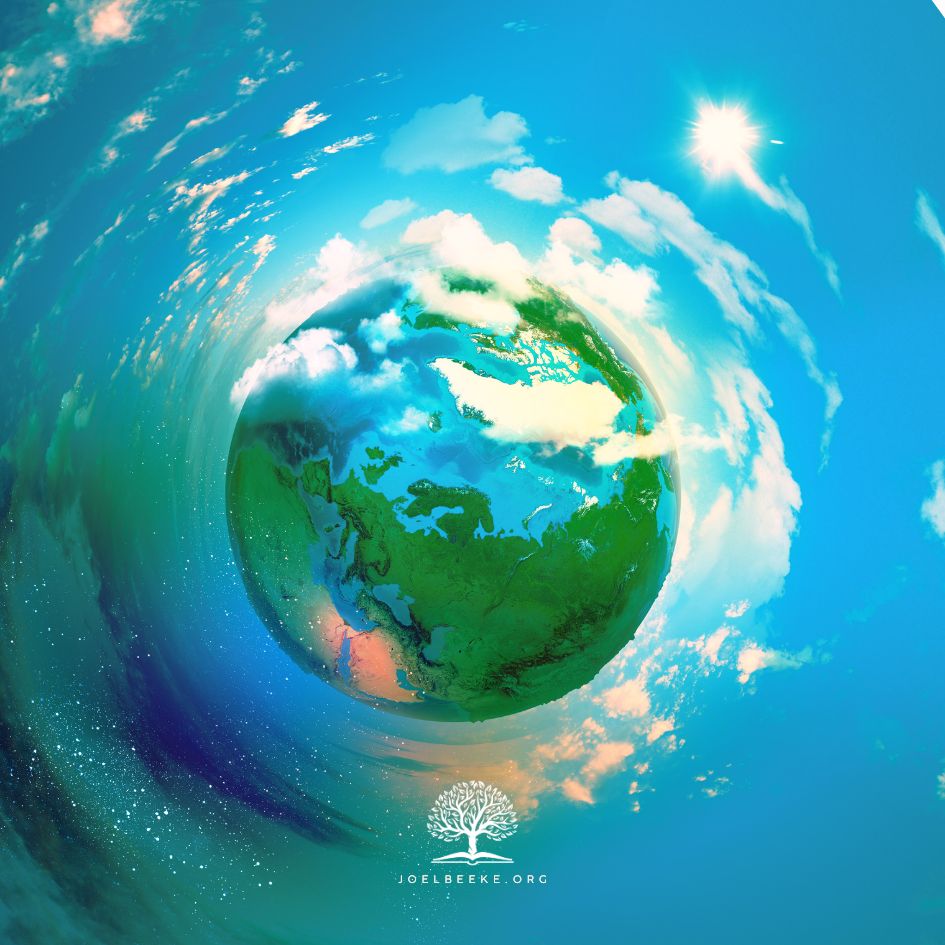
And God said, Let us make man in our image, after our likeness: and let them have dominion…. And God blessed them, and God said unto them, Be fruitful, and multiply, and replenish the earth, and subdue it: and have dominion over the fish of the sea, and over the fowl of the air, and over every living thing that moveth upon the earth…. And the LORD God took the man, and put him into the garden of Eden to dress it and to keep it. — GENESIS 1:26, 28; 2:15
Truly, we are uniquely made. God has given us dominion, or vice-regency, over all creation. God has created us for this purpose (Gen. 1:26, 28).
Man was created to be a caretaker of God’s creation, to exercise dominion over it in subjection and submission to God. We must understand the total picture of creation here. Man does not suddenly appear on the scene and assume dominion over creation. He is under the dominion of God; he therefore exercises dominion he has been given by God.
So there are two levels of dominion: God rules over all, including humanity; and humanity rules over the rest of the created order. God created man to rule over all the resources of the earth to reflect His own wise and perfect rule over man.
This rule includes delegation, for God gives dominion to man. The rule also includes reflection, for God’s perfect government is reflected in man’s rule over creation. God offered man enormous responsibility when He made him vice-regent over the created order.
Many tasks derive from this role, such as protecting and caring for the environment. We are responsible for managing all the resources in the world. Therefore, selfish spoiling of the environment, including failing to explore the world in which God has set us or ignoring scientific research about dominion over our resources, is contrary to God’s will. God commands man to subdue the earth and bring it under his dominion. No biblical believer should be afraid of scientific inquiry that is made in subjection to the Word of God.
Those of us who are called to science should be grateful to God for the privilege of serving in this sphere as you bring both yourself and your vocation into subjection to God. Then, too, all of us, no matter what our line of work is, should bring ourselves and our vocation into subjection to God.
How can we do that on a daily basis? Do you prayerfully and conscientiously strive for this?
Excerpt from
Milk and Honey
by Joel R. Beeke








